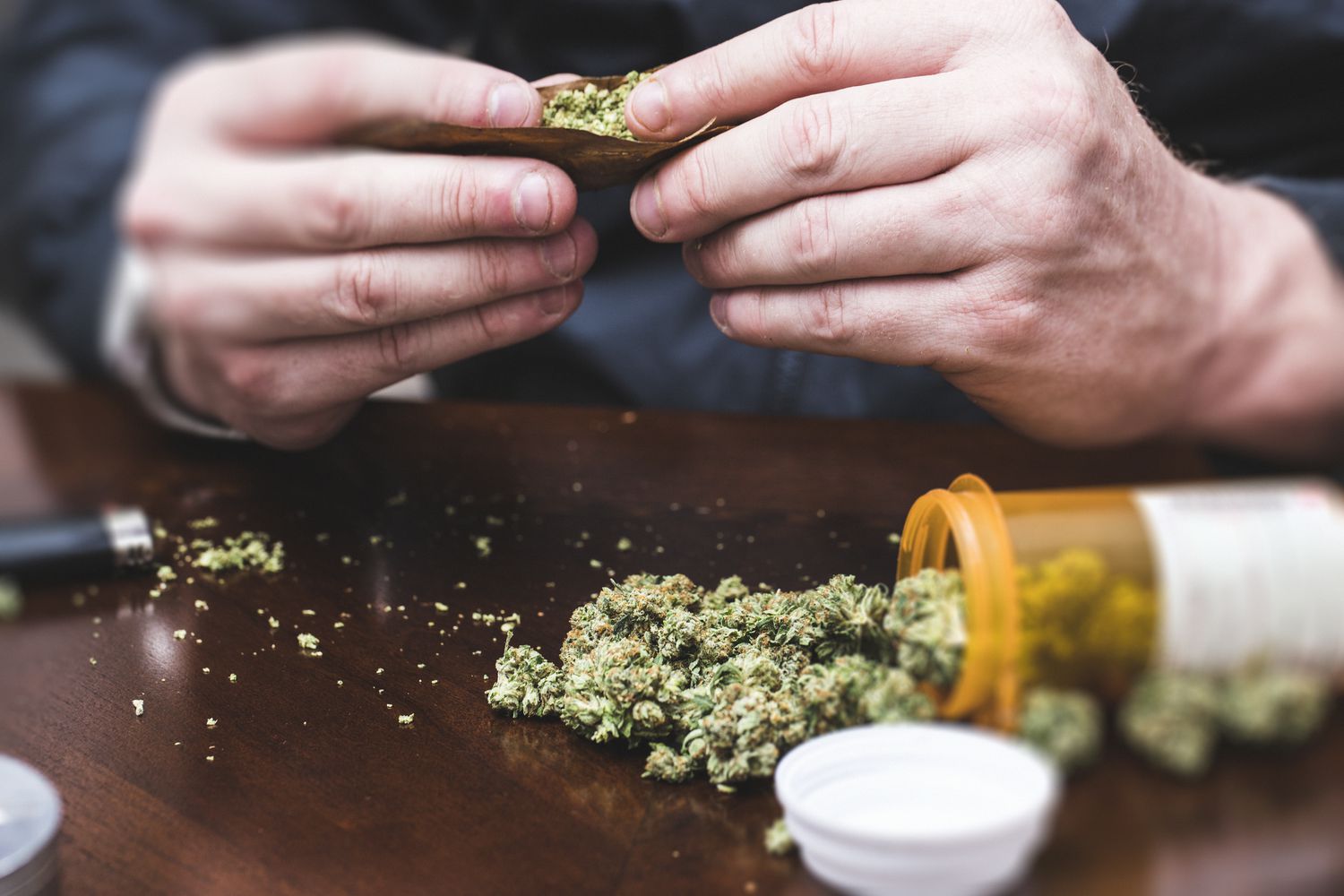Introduction:
While THC (tetrahydrocannabinol) is renowned for its psychoactive effects, its precursor, THC-A (tetrahydrocannabinolic acid), has been gaining attention for its unique non-psychoactive wonders. In the expansive world of cannabinoids, THC-A stands out as a compound with promising therapeutic potential, offering benefits without the characteristic cannabis-induced high.
THC-A: The Non-Psychoactive Precursor
THC-A is the raw, acidic form of THC found in the cannabis plant before undergoing decarboxylation, a process typically activated by heat. Unlike THC, THC-A does not bind directly to the CB1 receptors in the brain, resulting in a lack of psychoactive effects. Instead, THC-A presents an array of potential health benefits that make it an intriguing subject of scientific research.
Anti-Inflammatory Powerhouse:
One of THC-A’s most notable attributes is its potent anti-inflammatory properties. Inflammation is at the core of numerous health issues, including arthritis, Crohn’s disease, and autoimmune disorders. THC-A has shown promise in suppressing inflammation, providing a potential natural remedy for those dealing with chronic inflammatory conditions.
Neuroprotection without the High:
Research into THC-A’s effects on the nervous system has revealed its neuroprotective potential. Unlike its psychoactive counterpart THC, THC-A demonstrates the ability to protect neurons and potentially mitigate the progression of neurodegenerative diseases such as Alzheimer’s and Parkinson’s. This opens up new avenues for harnessing cannabis’s therapeutic potential without the unwanted side effects.
Nausea Relief without Intoxication:
Individuals undergoing chemotherapy or dealing with other medical treatments often experience nausea and vomiting as side effects. THC-A has demonstrated antiemetic properties, offering relief without inducing a high. This makes THC-A a potential ally in managing the challenging symptoms associated with medical interventions.
Non-Psychoactive Wellness Applications:
As interest in holistic wellness continues to grow, THC-A is finding its way into a variety of wellness products. From tinctures and capsules to topicals and edibles, non-psychoactive THC-A is becoming a popular choice for those seeking the potential health benefits of cannabinoids without the accompanying high. This opens up a range of possibilities for incorporating THC-A into daily wellness routines.
Navigating Legal Considerations:
While THC-A lacks psychoactive effects in its raw form, it’s crucial to consider the legal landscape surrounding cannabinoids. Regulations can vary widely, so understanding the legality of THC-A in your region is essential to ensure compliance with local laws.
Conclusion:
Beyond the high-inducing reputation of THC, its non-psychoactive counterpart, THC-A, is emerging as a fascinating player in the realm of health and wellness. From its anti-inflammatory and neuroprotective properties to its potential for alleviating nausea, THC-A offers a myriad of benefits without the typical cannabis-induced euphoria. As scientific exploration of cannabinoids continues, THC-A’s non-psychoactive wonders present exciting possibilities for those seeking natural alternatives to enhance their well-being.

